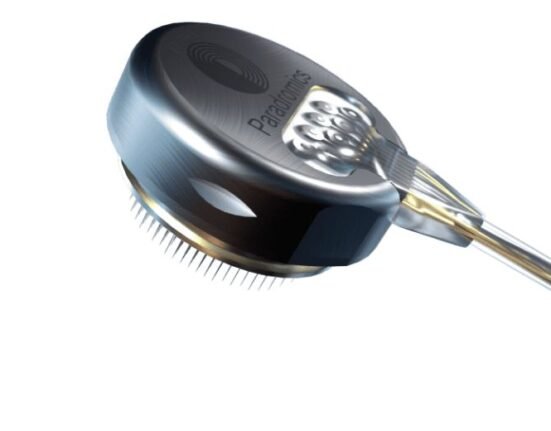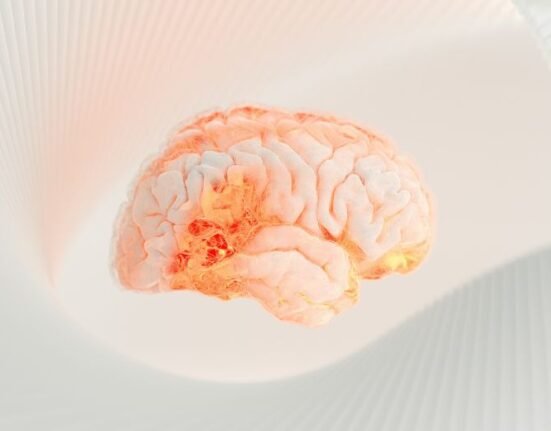HQ Team
April 9, 2024: Synchron, a US-based brain implant company, plans to recruit motor-impaired patients for its clinical trial in competition with Elon Musk’s Neurolink.
The Brooklyn-headquartered company announced recruitment for its community-entered brain-computer interface (BCI) registry to bring patients, carers and clinicians to learn how the technology brings benefits to people with limited mobility.
The technology is designed to decipher the neural code of the brain and find new ways to restore motor intent to control digital devices, according to an April 8 company statement.
The device is implanted in the blood vessel on the surface of the motor cortex of the brain through the jugular vein, by a minimally invasive endovascular procedure.
Point-and-click
Once implanted, it is designed to detect and wirelessly transmit motor intent out of the brain — planned to restore the capability for severely paralysed patients to control personal devices with hands-free point-and-click.
“The Synchron BCI represents a novel approach to restoring functionality in patients with limited mobility. By leveraging the natural highways of the brain, and an individual’s blood vessels, the device is implanted in the brain without the need for invasive brain surgery,” the company stated.
Motor impairment is also a partial or total loss of function of a body part, usually a limb or limbs. This may result in muscle weakness, poor stamina, lack of muscle control, or total paralysis.
“There is a grassroots movement happening with BCI. We are creating an avenue for potential users and their physicians to engage and stay connected while we prepare for the next stage of clinical trials,” said David Lacomis, M.D., principal investigator and Chief of the Neuromuscular Division at UPMC and Professor of Neurology and Pathology at the University of Pittsburgh.
“BCI technology enables individuals with motor impairment to regain independence,” he said.
Devices and thoughts
“By controlling digital devices through one’s thoughts, BCI offers a transformative path towards performing daily tasks with greater ease and efficiency. From communication to accessing essential services online, BCI technology represents a ground-breaking frontier for individuals and their families.”
In January Elon Musk’s Neuralink Corp., implanted the device in a human brain and the results showed “promising neutron spike detection.”
The human brain uses electricity to communicate, its neurons talking to each other by sending tiny blips of voltage down a gossamer thin cable, according to Neurolink.
Last month, Noland Arbaugh, 29, the first human to receive Neuralink’s brain implant, was able to play online chess and a video game using the device, according to a video posted by billionaire Elon Musk’s X platform.








